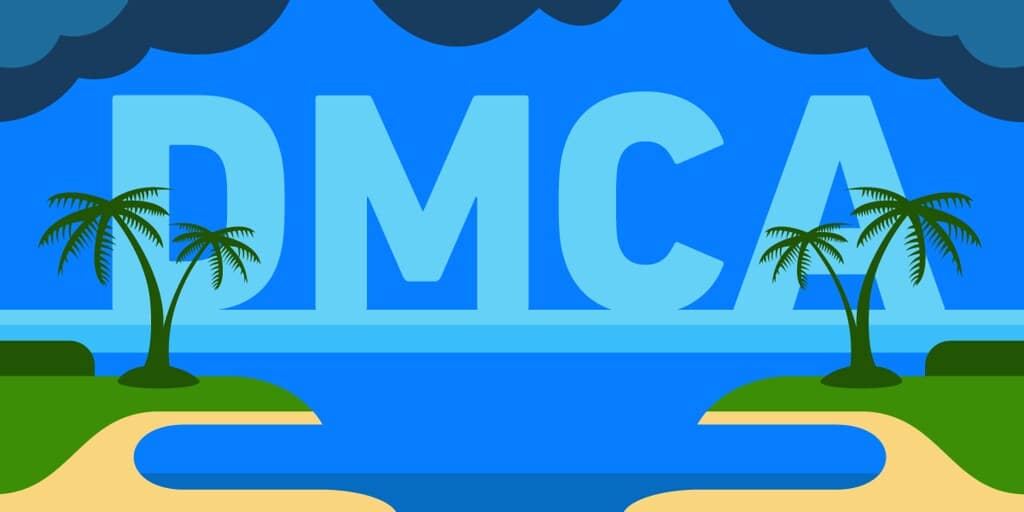A “Takedown Notice” is a tool for protecting intellectual property like copyrights and trademarks. As the name implies, a takedown notice is a demand that certain proprietary material be taken down from the internet or other public places. “DMCA” is an acronym referencing a federal statute enacted to protect copyrights in the internet age called the Digital Millennium Copyright Act. Originally, takedown notices were directed to copyright violations including such things as:
- Photos, videos and movies uploaded or linked to the internet without permission from the copyright owner
- Texts, books, articles and other written materials uploaded or linked without permission
- Audio files like popular music
- Photos and reproductions of artwork
- Use of copyrighted computer software
However, use of takedown notices are now routinely used with regard to trademarks and other legally protected intellectual property. If you need to send a takedown notice — or have received one and need help responding — you should consult with experienced internet lawyers like the ones at Revision Legal.
Who receives the takedown notice?
Generally, a takedown notice is sent to the company that is hosting the website or providing internet services for the user who is uploading the IP-protected material. Thus, the notice might go to the web hosting company, search engine company, sales platform or an internet service provider. Generally, the takedown notice is to be given to the individual or business that uploaded the IP-protected material. But, in practice, that can be difficult.
What is supposed to happen when a takedown notice is sent?
In general, internet hosting companies and service providers are exempt from legal liability if users post IP-protected material. After all, the hosting companies and service providers have not uploaded the material.
However, for many years, the law has allowed companies to be held liable for IP infringement under a theory of “contribution.” That is, a business’ actions (or inactions) contributed, allowed or aided and abetted the infringement of another. By sending a takedown notice, hosting companies and service providers are put on notice that infringement is occurring. As such, hosting companies and service providers are now potentially liable for contributory infringement.
Being legally liable for contributory infringement is not something that these companies want. Therefore, most often, hosting companies and service providers will take down the infringing materials upon receipt of a takedown notice. The DMCA provides a “safe harbor” from legal liability for contributory infringement if companies act quickly upon receipt of a takedown notice.
It should be further noted that the DMCA protects a hosting company or service provider from being sued by their user if material is removed pursuant to a takedown notice even if it is later shown that the material was not infringing. So, as can be seen, hosting companies and service providers have high incentive levels to remove content upon receipt of a takedown notice.
However, companies are allowed a reasonable time to make an investigation into the facts underlying a takedown notice. Many companies — like Amazon — will ask for a response from the user to whose content the takedown notice is directed. Abuse of the takedown notice procedures has become a common problem in the last decade or so. And, in theory, a hosting company or service provider has the option to take no action upon receipt of a takedown notice. However, this is an option rarely exercised.
If you have legal questions about consumer privacy, data security or other legal issues related to internet law, contact the trusted internet lawyers at Revision Legal at 231-714-0100.




